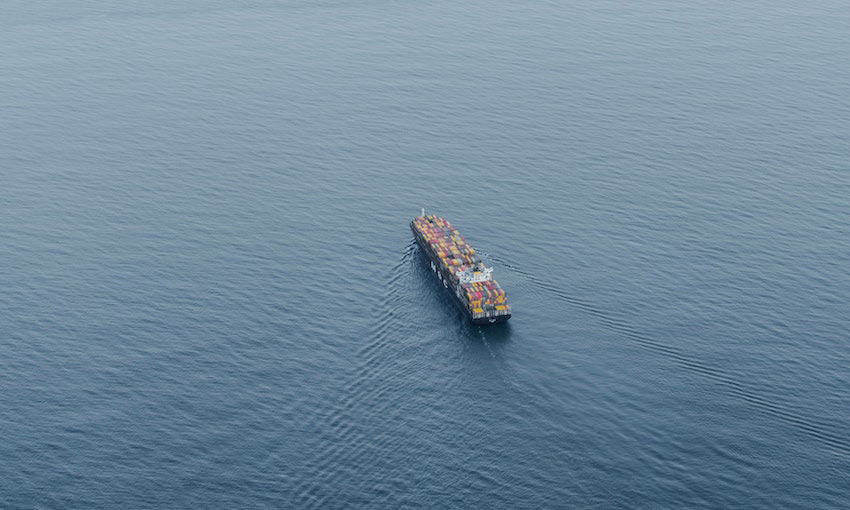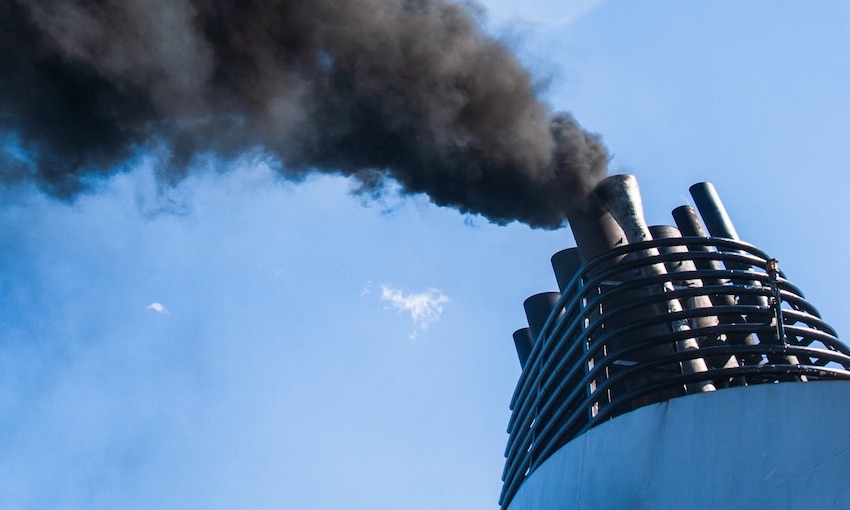THE INTERNATIONAL Maritime Organization has launched a project that aims to assess the availability and preparedness of future low- and zero-carbon marine fuels and technology.
The Future Fuels and Technology for Low- and Zero-Carbon Shipping Project intends to inform an update to the IMO Strategy on Reduction of GHG Emissions from Ships.
The project is an initiative of IMO’s Marine Environment Division. It is expected to run until 2025.
It came about after the 78th session of the Marine Environment Protection Committee noted the need for more information to support the revision of the initial GHG strategy.
“The decarbonisation of international shipping is a priority for IMO and by mid-2023, the organisation aims to have in place a revised and strengthened Strategy on Reduction of GHG Emissions from Ships,” the IMO said in a statement.
“The key commitment of the Initial Strategy, adopted in 2018, is to phase out GHG emissions from international shipping as soon as possible.”
The project consists of three main phases, the first of which is a study of current and projected global uptake and dissemination of low- and zero-carbon marine technology and fuels.
The second phase involves identification of and support for incentives and regulatory mechanisms, including safety and training issues, to promote the uptake of alternative fuels and technology.
And the third phase involves promoting technological co-operation and outreach activities to reinforce mutual understanding and co-operation between developed and developing countries and the global shipping industry.
Research conducted in phase one will aim to evaluate demand and capacity developments in low- and zero-carbon technologies and assess their commercial and technological preparedness.
Preparedness is to be analysed using three scenarios of possible ways to reduce carbon emissions by 2050, namely the IMO’s initial strategy scenario, the net zero emission scenario and the zero by 2050 scenario.
Phase one is scheduled to continue until June 2023. The IMO plans to release the results, which may inform discussions on GHG reduction goals in the revised IMO GHG strategy.





